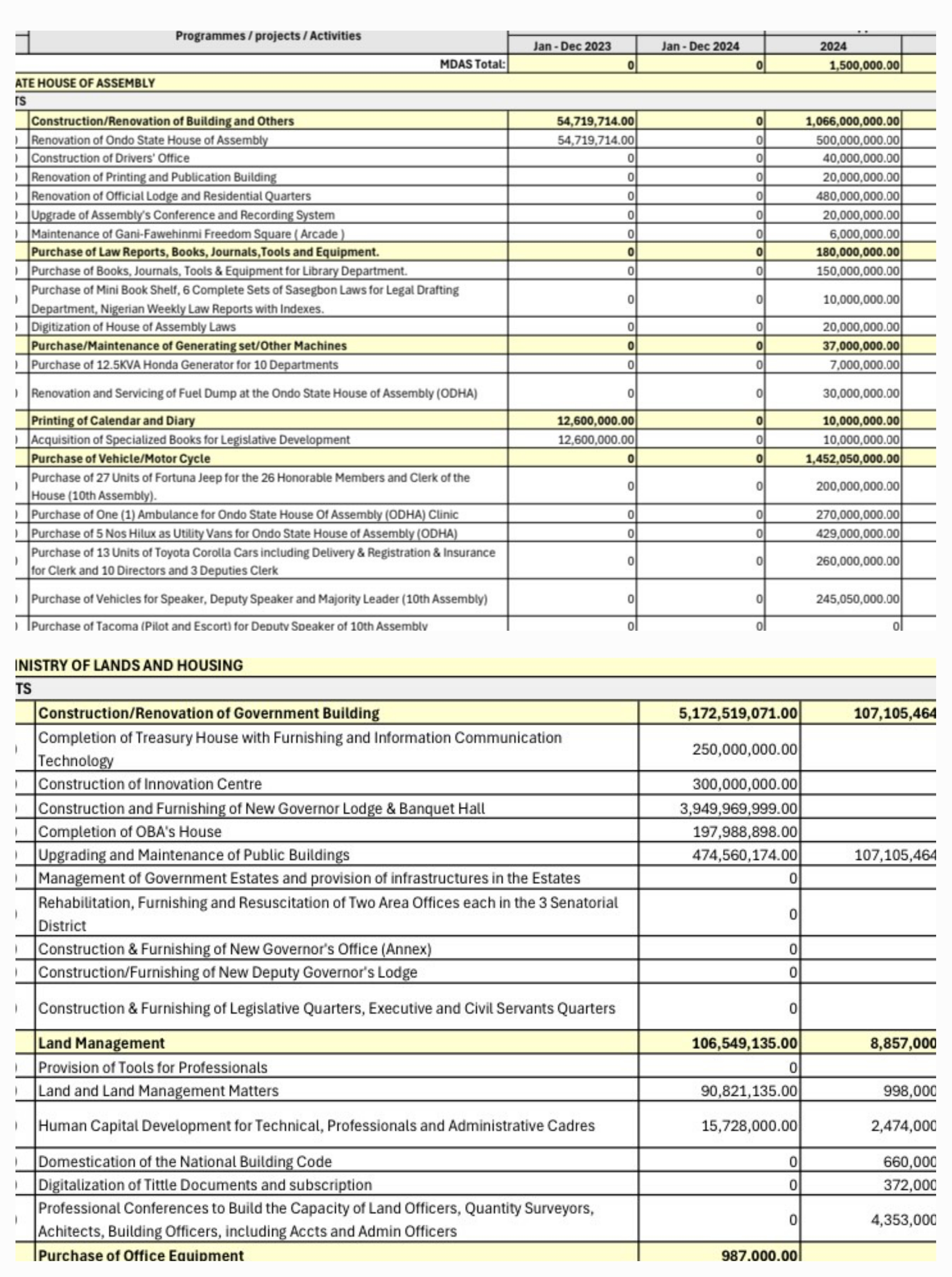Actors and filmmakers have continued to speak out against the alleged unfair treatment meted out to them by cinemas in the country.
Actress and filmmaker, Mercy Aigbe, has recently been sharing several posts from her fans and even colleagues, alleging that staff of different cinemas often persuaded people to watch other films instead of her own. Some of the posts claimed that her film was shown in cinema halls that had faulty air conditioners and screens.
Betraying her emotions in a video she posted online, Aigbe stated that she invested a lot of “sweat, pain and blood” into making her latest film titled, ‘Thin Line’, and that some persons seemed to be frustrating her efforts.
One of the posts read, “Good day, ma. So, I went to watch ‘Thin Line’ at Festival Mall yesterday afternoon and the ticket attendant advised me not to, something about their screen been bad. Then I drove from there to Maryland Mall, and they also advised me not to, something about their ac been bad, saying I should watch ‘The Waiter’. I went home very angry and irritated. Please, if you can relay this information to the people that can do something about this..”
Confirming the fan’s message, an actor, Jamiu Azeez, wrote, “I can testify to the Maryland Mall. When I went for the meet-and-greet, the AC in the hall for ‘Thin Line’ was not working, and the attendants were telling people before getting tickets that there is no AC in the hall, which actually discouraged a lot of people. I had to start begging people to please help us watch it like that, just to support this woman who has invested so much in this project.”
Also, sharing his thoughts about the issue, actor, Femi Branch, stated that cinema staff had no business telling people what films to watch.
He said in part, “It is not the business of the cinema to tell (people) what film to watch or not. We have been having a lot of problems at the cinemas recently, especially this December. We have heard of different fights at different cinemas. This industry is constantly under one bondage or the other.
“We are divided already. Cinemas want to add to it. Many producers are groaning that the money they invested is not returning. You are not helping our industry, you are not helping the economy, and you are not assisting actors, too. Cinemas are supposed to be neutral.”
Thanking Branch for his comments, actor and former Big Brother Naija contestant, Pere Egbi, stated that he invested about N200m in a movie but only made N53m in cinemas, while he only got N8m for his troubles. He added, “I had to leave Nigeria and return to America to work, just so l can pay back the kind-hearted woman who lent me the money. At this point, I don’t care about being blacklisted. If nothing comes through by the end of January, I’ll release the film on YouTube myself. Enough is enough.”
This was even as an actress, who spoke on the condition of anonymity because she did not want to be victimised, stated that despite all those issues, the percentage of money taken by cinemas was also exorbitant. She told our correspondent, “Another issue that needs to be looked at it is the percentage taken by the cinemas. Sometimes, they could take as much as 70 per cent from the earnings of a particular film. That is too much, and filmmakers are actually suffering under that burden.
“Cinemas could take 60 per cent in the first week of release from big filmmakers , then they do 50/50 subsequent weeks. From newbies, they could take 70 per cent first; then 60 per cent later. From the filmmakers net, they will still pay the distributor about 12 per cent and another five per cent on taxations.
However, in an interview with Saturday Beats, a director, who also declined to be named, noted that some of the cinema operators were only doing business. The director said, “As regards favouring one film over the other, cinemas gravitate towards the film that is selling more, because it gives them higher returns. That is why they expect producers to ‘up’ their publicity to bring in the crowd.
“And, it is not as if cinemas are cheating filmmakers. They also have huge infrastructure and overheads to cater to.”

 2 days ago
2
2 days ago
2















 English (US) ·
English (US) ·